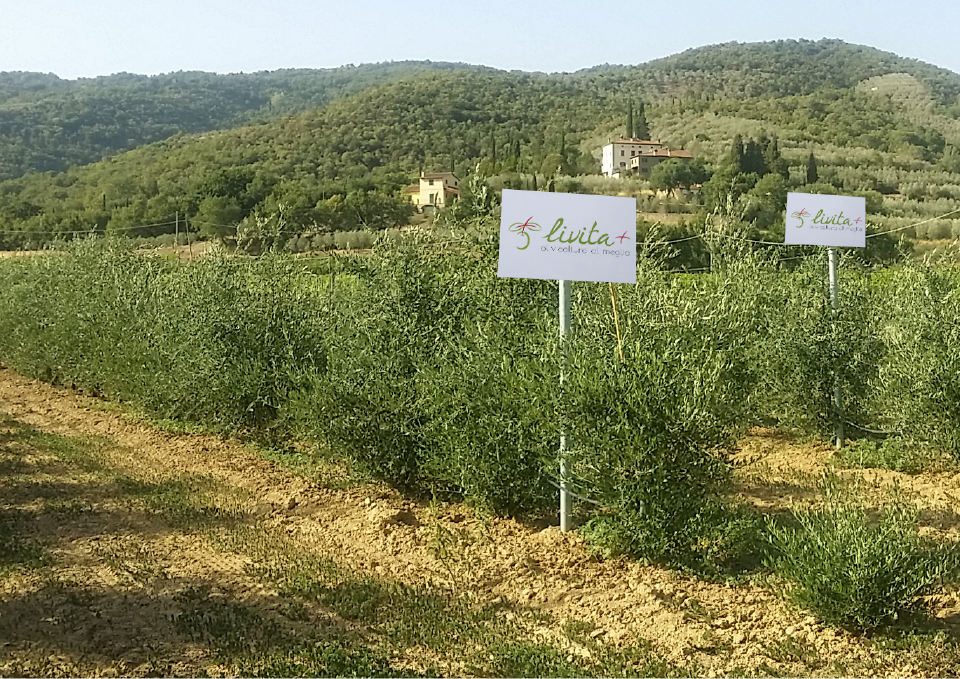Olive orchard, the yield of Super High density farming

What is a super high density olive orchard and how it works
03/08/2018Super high density olive orchard yield: why is it convenient?
The Italian market in recent years has taken note of the need to improve its competitiveness and many have begun to wonder what about the super-high density olive orchard yield: can this kind of cultivation really improve the yield and possibly at what price? In the world olive oil panorama, new producers have recently appeared, recording ever higher productions every year in response to an increase in demand from consumers in all developed countries. So if so far in Italy it was mainly working with intensive systems, the latest trends go in the direction of a super-high density olive orchard, or SHD olive orchard, able to ensure a higher yield.
Here are the main differences between these two methods of cultivation of olive trees.
Intensive olive orchard
In this type of cultivation 400 to 600 olive trees are planted per hectare and the olive production stabilizes from the seventh year, when they produce about 40 quintals per hectare. From the seventh year, the average annual income will be around 760 euros per hectare.
Super high density olive orchard
The density of olive trees is about 1600 per hectare and the super high density olive production from the fourth year is around 100 quintals per hectare. The average income of a super high density olive farming is 1200 euros per hectare per year.
Super high density olive farming Livita Plus system
To the question of what about super high density olive orchard yield, we can therefore answer that it has a much higher yield than the intensive cultivation of olive trees. However, this system could have negative consequences for the soil, stress the environment too much and have a short life cycle. It was from these premises that the Livita Plus research was born to develop a system of super-high density, eco-sustainable and environmentally friendly olive growing.
The olive trees are arranged with a density ranging from 600 to 1600 plants per hectare, depending on the varieties that are used; the rows plant recalls the appearance of a vineyard, where the bush olive trees are supported by parallel trellises and oriented along the north-south axis. From the fifth year, when the olive trees reach full ripeness, the production of the super-high olive orchard will be stable and continuous, year after year. Thanks to precision agriculture, which uses techniques of land study based on rural traditions and advanced agricultural engineering tools, maintenance and interventions are reduced to a minimum and the soil is not affected.
The super high density olive farming studied by Livita Plus allows us to combine respect for the environment with a productivity capable of competing with the world’s major oil producers, without losing quality.




